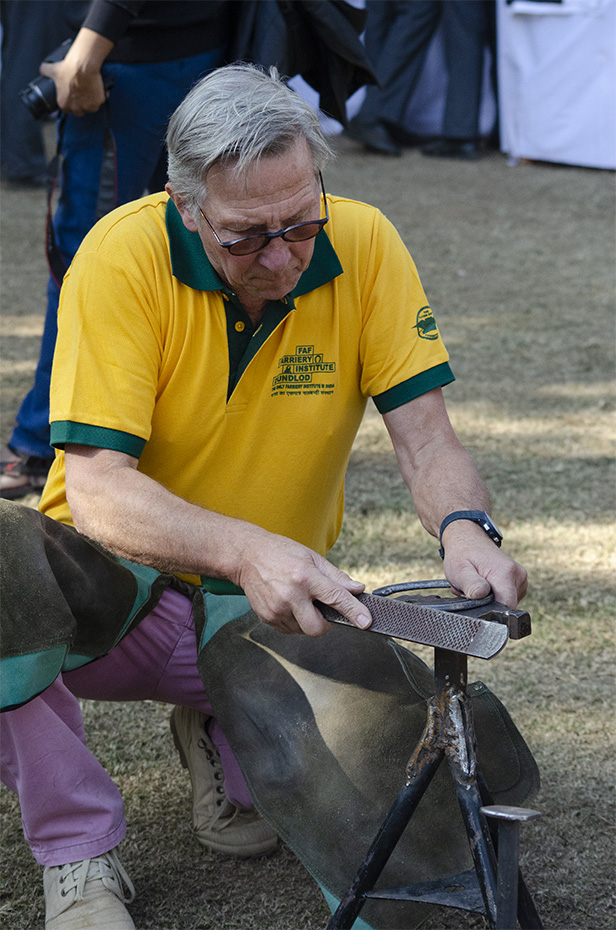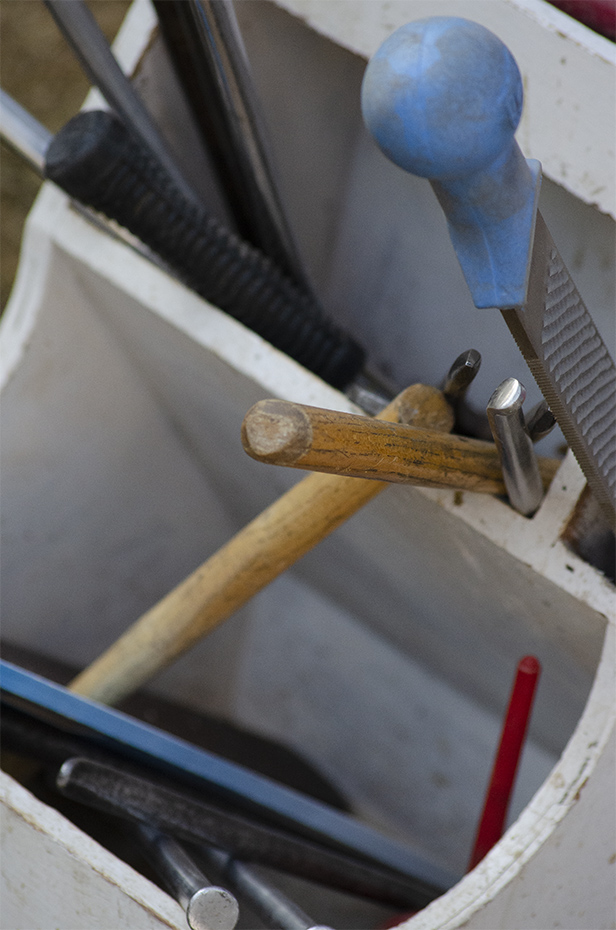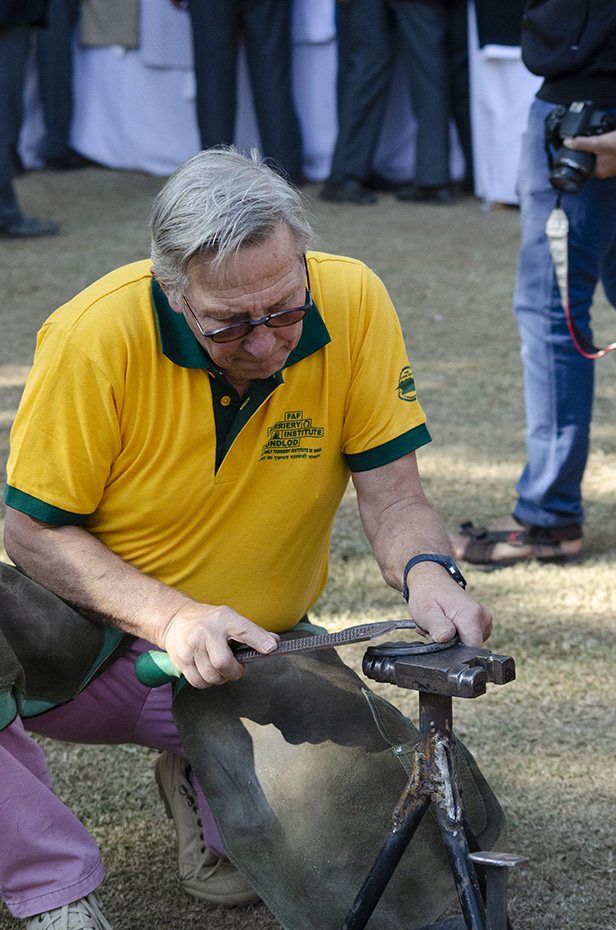Horse Care With Farrier Bernard Duvernay
Showing empathy with fellow human beings and animals is one of the lessons to learn from the Covid-19 impact. Expert farrier Bernard Duvernay tells us how to show take care of the horses in these testing times

The horse is not just an epitome of speed, beauty and grace. It’s much more, a soul probably filled with love and care. The horse’s loyalty and its royal demeanour is legendary.
With the neo coronavirus outbreak, there has been a drastic change in our routine lives. We are not alone affected by it; polo aficionados would know that it’s equally important to take care of the horses in these trying times.
To get a better grip of how the horses must be taken care of, LA POLO connected with Bernard Duvernay, an expert farrier. He remarked: “In most countries, like in Europe, and in the USA, the farriers are still allowed to travel and to take care to their clients.” Concerned about the safety measures that must be taken, he said it is important to stay hygienic. “Strict hygiene precautions have to be observed at all times. Be careful when in contact with the grooms or any person in the stables, as you may likely transmit or receive the disease. Make sure while working you wash your hands frequently, especially if your hands have contacted any surface. Also, wear a mask if you have to approach another person."

Care of the horses is essential. Since most of the games have been limited or cancelled in view of Covid-19, the scale-down can impact the horses adversely, not just physically but also mentally. In one of our recent conversations with Nick Verlies, an international show jumper from Belgium, he mentioned about the mental health of the horses. “The biggest obstacles for the moment are...to not lose your motivation and keep your horses’ mental health high," he said.
Bernard Duvernay says: “The diet of the horses has to be adapted for low exercise time. Please do not overfeed them, reduce the rich, energetic food with a high percentage of protein. Horses who have a tendency to be fat are at high risk to develop laminitis when we stop or reduce their exercises.” Furthermore, he said: “Exercise is very important for the health of the horses, and their feet. Leave them in a paddock a few hours daily or exercise them but please don’t leave them in the stables for days without any movements.”

Duvernay elaborated on the importance of keeping the condition of the feet in good shape. “Horses’ feet have to be kept in good condition. All sports activities are limited or stopped, nevertheless we have to keep the horses in good health, and the feet should not be neglected. If your horse has good feet and he is not exercising much, he can easily be kept without shoes. The trimming is the most important, keep the balance of the feet, keep them trimmed every four weeks and when their walls break a little, give a little rasp to prevent the wall from being too damaged.”
Covid-19 is a challenging time for all. With suitable precautions, we are sure to beat the gloomy days. Stay safe, stay healthy, enjoy the isolation and indulge in introspection. There’s a lot to learn from Covid-19 impact. Empathy for all is one of them.


